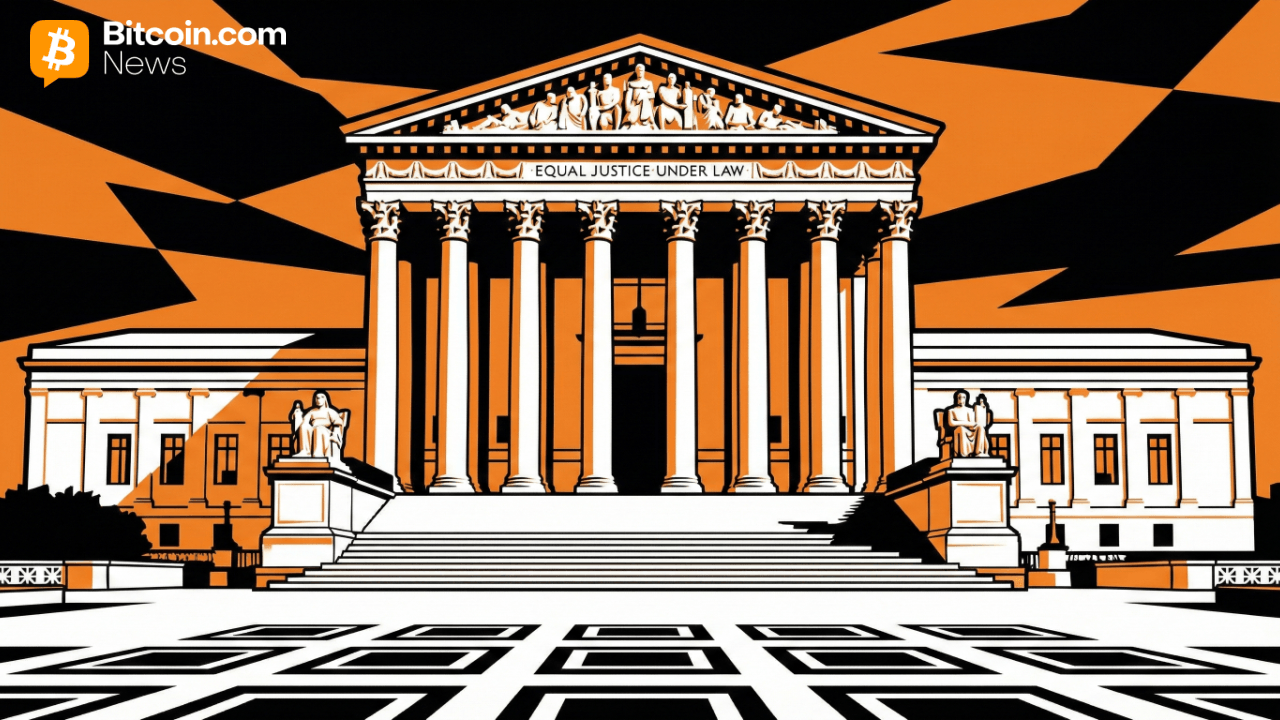Central and commercial banks from North America, Europe, and Asia are gearing up to join a project led by the Society for Worldwide Interbank Financial Telecommunication (SWIFT), aiming to incorporate digital assets into its network.
On October 3, SWIFT, known for connecting banks worldwide, announced that it will start testing digital currency and asset transactions in 2025. These tests will explore how financial institutions can use SWIFT’s system to handle various digital currencies and assets.
This represents a big step toward merging traditional banking systems with digital finance.

Did you know?
Want to get smarter & wealthier with crypto?
Subscribe – We publish new crypto explainer videos every week!
How Does Cryptocurrency Work? (Explained with Animation)

Initially, the trials will focus on payments, foreign exchange, securities, and trade. SWIFT’s goal is to make transactions between digital platforms smoother, including types like delivery-versus-payment and payment-versus-payment.
In its announcement, SWIFT pointed out that digital financial systems are becoming more fragmented, with many platforms working separately, thus creating a barrier to global adoption. The cooperative aims to address this issue, explaining:
Swift’s trials will leverage its unique position at the heart of the financial system to interlink these disparate networks with each other as well as with existing fiat currencies, enabling its global community to seamlessly transact using digital assets and currencies alongside traditional forms of value, using their existing infrastructure.
Overall, SWIFT hopes to build a more connected global system for transferring value, benefiting its global network of participants.
In other news, Singapore’s largest bank, DBS, plans to launch over-the-counter (OTC) crypto options trading and structured notes for institutional investors.
Gode is a Web3 Market Analyst who researches the most important industry events and interprets how they affect the wider Web3 space. Her formal education in media culture & digital rhetoric allows her to employ a methodical approach to evaluating critical Web3 news data, including large-scale events and the wider social sentiment within the ecosystem.
Gode is a mutilingual professional, having studied in multiple universities all across Europe. This allows her to have a one-of-a-kind opportunity to analyze Web3 social sentiments spanning different cultures and languages and, in turn, develop a much deeper understanding of how the Web3 space is growing within different communities. With the rest of her team, Gode works to identify crucial crypto news patterns and provide unbiased and data-driven information.
Gode’s passions include working and communicating with people, and when she’s not researching Web3 news, she spends her time traveling and watching true crime documentaries.








